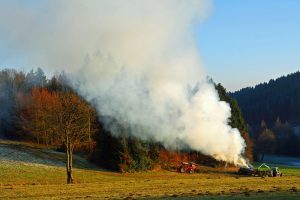How Do You Tell the Best Mulcher Teeth?
Although the term “Best Mulcher Teeth” is widely used in the forestry industry, the actual meaning may vary. Due to the varying needs in this industry, the term could be defined differently depending on what the buyer is looking for. But we have standards that can help you get the right teeth for your machine. So if you are getting in the market for the first time, what should you look for in a mulcher tooth? Well, this is a critical question to answer. There are key features that you should get in a tooth, for you to know that you have invested in the best there is on the market. Check out the following.
Quality Guarantee
The quality of the teeth is the first thing that you must look out for. However, quality may be looked through different lenses, but material that has been used in the construction should be the best measure. In the market, we have various types of material, and all make teeth for various uses. Therefore, it will depend on what the user is looking for. If the forestry projects that you are carrying out include tough or demanding conditions, then carbide tipped teeth would qualify as the “best mulcher teeth.” However, if you are just clearing simple brushes and weed, then you steel teeth or a lower grade of carbide would be a perfect choice.
Compatibility
If you are working with a number of forestry mulcher s or mulching machines, then compatibility should be one of the key features to look out. Why is this? The reason is the chances of the machine breaking down or needing a replacement now and then are very high. Therefore, you need the kind of mulcher teeth that can be used for a number of machines. If you are operating FAE mulching equipment, the teeth should be compatible with another brand such as FECON or various series of FAE machines. That will help you to cut on the cost of repairs and replacement.
Versatility
The forestry industry is extremely versatile in nature. The vegetation keeps changing now and then, and thus you need a set of teeth that would keep up such changes. Otherwise, you might get yourself in a situation of switching teeth every time you move to different vegetation. Therefore, you need a kind of teeth that can work on almost all types of vegetation without compromising the performance and productivity of your mulching equipment.
These are three things that can tell if you have invested in the “best mulching teeth” or not.
